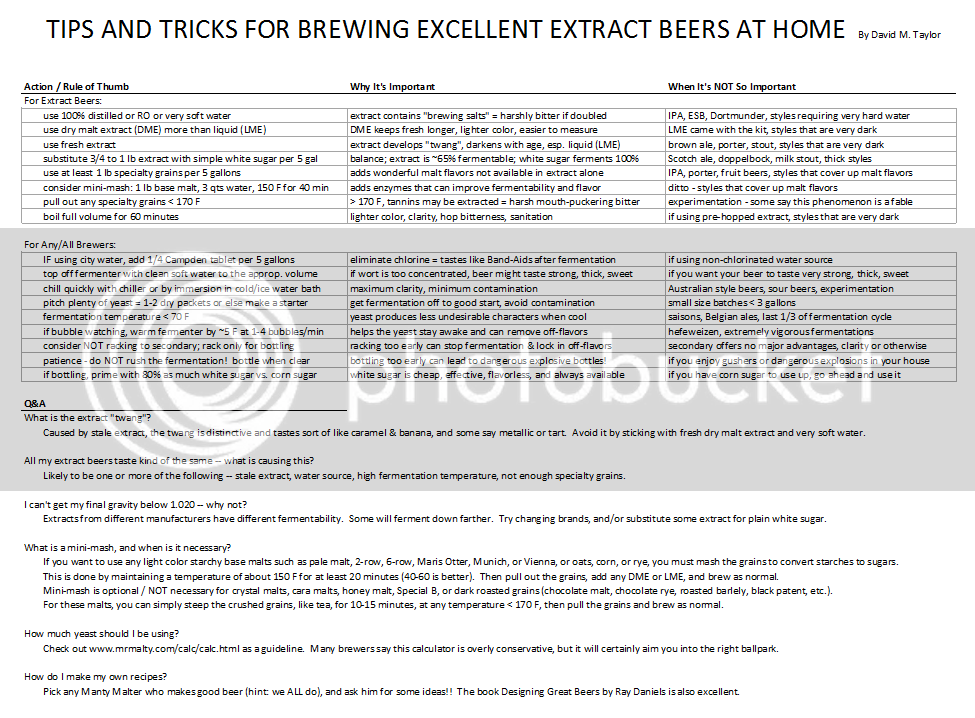"Extract twang" is a myth, and is a result of either using poor process, or poor ingredients. Often times people thing it goes away with all-grain because as they transition they've become better brewers, and procedural flaws that may have existed early on may go away, leading to a false assumption that it was the extract's fault.
However, "twang" from extract can come from a couple places that aren't implicitly a result of extract in and of itself, but rather misuse of it, and both more related to LME than DME. People have already mentioned them. One is old extract, which just like using old grains with all-grain brewing, will lead to off-flavors. And there's a lot of really old extract floating around out there. The other is boiling the LME for 60 minutes rather than adding as a late addition. I don't remember the exact process, but I recall LME basically being super-condensed down wort (as opposed to near fully dehydrated wort in the form of DME). It's basically already been boiled substantially and you're just boiling it more. If you've ever done a 4 or 5 hour boil, you'll know that it develops a lot of flavor in the process. That's good for some styles (Scottish Ales for example), but definitely not right for everything. So basically, I'd always use LME as a late addition, and make damned sure it's fresh. And then as long as your other key processes (pitching rate, aeration, sanitation, temp control) are done properly, you should be good to go. Boom, no extract twang.






































![Craft A Brew - Safale S-04 Dry Yeast - Fermentis - English Ale Dry Yeast - For English and American Ales and Hard Apple Ciders - Ingredients for Home Brewing - Beer Making Supplies - [1 Pack]](https://m.media-amazon.com/images/I/41fVGNh6JfL._SL500_.jpg)






















